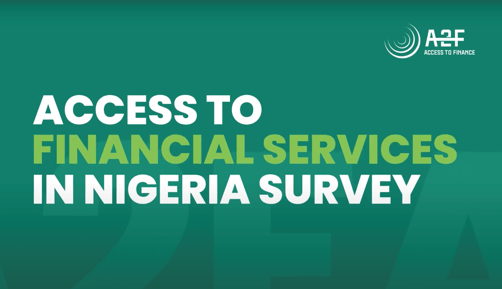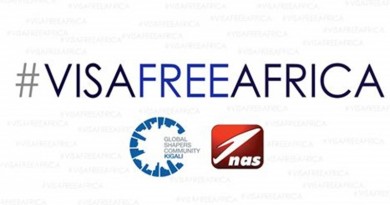Formal financial inclusion in Nigeria grows to 64% in 2023
The Access to Financial Services in Nigeria – A2F 2023 – survey report by EFInA has provided valuable insights into Nigeria’s formal financial inclusion landscape. The report highlights a significant increase in formal financial inclusion, with a growth of 8 percentage points from 2020 to 2023, reaching a commendable 64%. This growth is a testament to the efforts made by the government and financial institutions to expand access to financial services.
One of the key drivers of this progress is the growing number of individuals with bank accounts. The report indicates that more Nigerians are recognizing the importance of having a bank account and are taking steps to open one. This is a positive development as having a bank account provides individuals with a secure place to store their money and access a range of financial services.
Another contributing factor to the increase in formal financial inclusion is the impressive adoption of non-bank formal services. This includes mobile money and other digital financial services that have gained popularity in recent years. These services have made it easier for individuals, especially those in remote areas, to access financial services without the need for a traditional bank account.
While these findings are encouraging, it is important to note that there is still work to be done to achieve the target of 75% formal financial inclusion by 2024. Several challenges need to be addressed to bridge this gap. One of the main challenges is the insufficient digital infrastructure in the country. Without a robust digital infrastructure, it becomes difficult for individuals to access and utilize digital financial services. Therefore, investments in improving digital infrastructure are crucial to expanding financial inclusion.
Another challenge is the low level of financial literacy among the population. Many individuals lack the necessary knowledge and skills to effectively manage their finances and make informed financial decisions. To address this, there is a need for comprehensive financial education programs that can empower individuals with the necessary knowledge and skills to navigate the financial landscape.
Additionally, there are policy gaps in the financial sector that need to be addressed. Strengthening existing financial laws and regulations can create an enabling environment for the development and adoption of new and inclusive financial products and services. This includes regulations that promote innovation, consumer protection, and competition in the financial sector.
To deepen financial inclusion, it is crucial for the government to collaborate with stakeholders. This includes financial institutions, technology companies, and civil society organizations. By working together, they can tackle the infrastructure deficit, particularly in rural areas, and ensure that financial services are accessible to all segments of the population.
Furthermore, partnerships between the government and stakeholders are essential for providing financial education and conducting campaigns to enhance the financial




